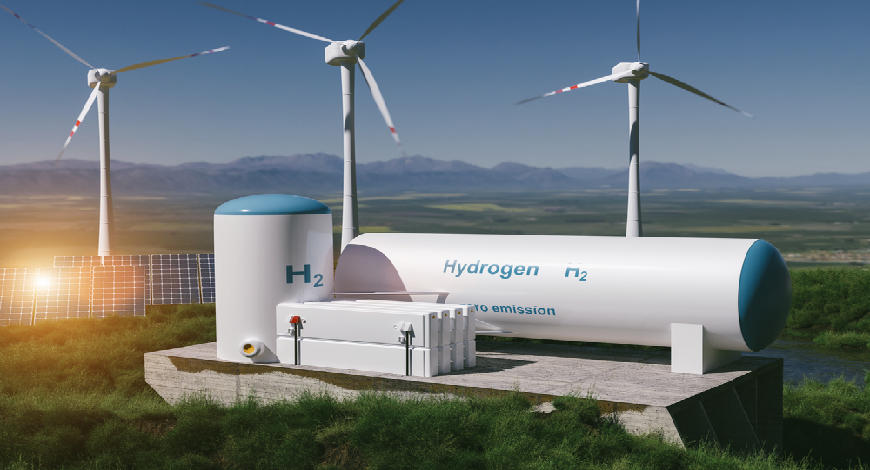Union Minister for Power, New and Renewable Energy, R.K Singh and German Minister for Economic Affairs and Climate Change Dr Robert Habeck virtually signed a Joint Declaration of Intent on an Indo-German Hydrogen Task Force. India has emerged as a global leader in the energy transition, with the world’s highest pace of expansion in renewable energy capacity. Minister R.K. Singh informed his German counterpart that India has a clear bidding procedure, an open market, a quick dispute resolution system, and is widely recognised as one of the most attractive RE investment destinations.
Buy Prime Test Series for all Banking, SSC, Insurance & other exams
Key Points:
- India has lofty goals in terms of the energy transition. By 2030, it will have added 500 GW of non-fossil fuel capacity.
- India has submitted proposals for green hydrogen.
- German companies compete for the development of this ecosystem in India.
- Both countries will establish an Indo-German Green Hydrogen Task Force under the agreement signed today to strengthen mutual cooperation in the production, utilisation, storage, and distribution of green hydrogen by creating enabling frameworks for projects, regulations and standards, trade, and joint research and development (R&D) projects.
- The National Green Hydrogen Mission was created in India with the purpose of making it the global hub for green hydrogen production and export. Germany has also devised a bold National Hydrogen Strategy with the goal of becoming a global leader in hydrogen technology.
- India can create low-cost Green Hydrogen to gradually decarbonize a range of industry sectors, as well as export it to fulfil global demand, thanks to its rich renewable energy potential and experience implementing renewable energy projects. Germany is already undertaking various hydrogen initiatives thanks to its capabilities in research and industry.
- The collaboration would be built around the trade of green hydrogen and/or its derivatives like green ammonia and green methanol. Institutional collaboration in collaborative research, lighthouse projects, innovation clusters, and hydrogen hubs would help to catalyse the two countries’ synergistic efforts.
- The aggressive deployment goals would also attract investment and economic prospects for both countries’ industries.
Both countries are working to establish a national hydrogen economy. The long-term objective is to reduce emissions while protecting the ecosystem. This necessitates a global increase in green hydrogen production and consumption. As a result, India and Germany support the construction of a global green hydrogen economy to help meet the Paris Agreement’s goals. Both parties are confident that achieving common goals requires close cooperation that builds on individual strengths and capacities.
Find More News Related to Agreements



 Indian Olympic Medal Winners List Till N...
Indian Olympic Medal Winners List Till N...
 Who is the Inventor of the Gramophone?
Who is the Inventor of the Gramophone?
 HS Dhaliwal Appointed New DGP Of Andaman...
HS Dhaliwal Appointed New DGP Of Andaman...
